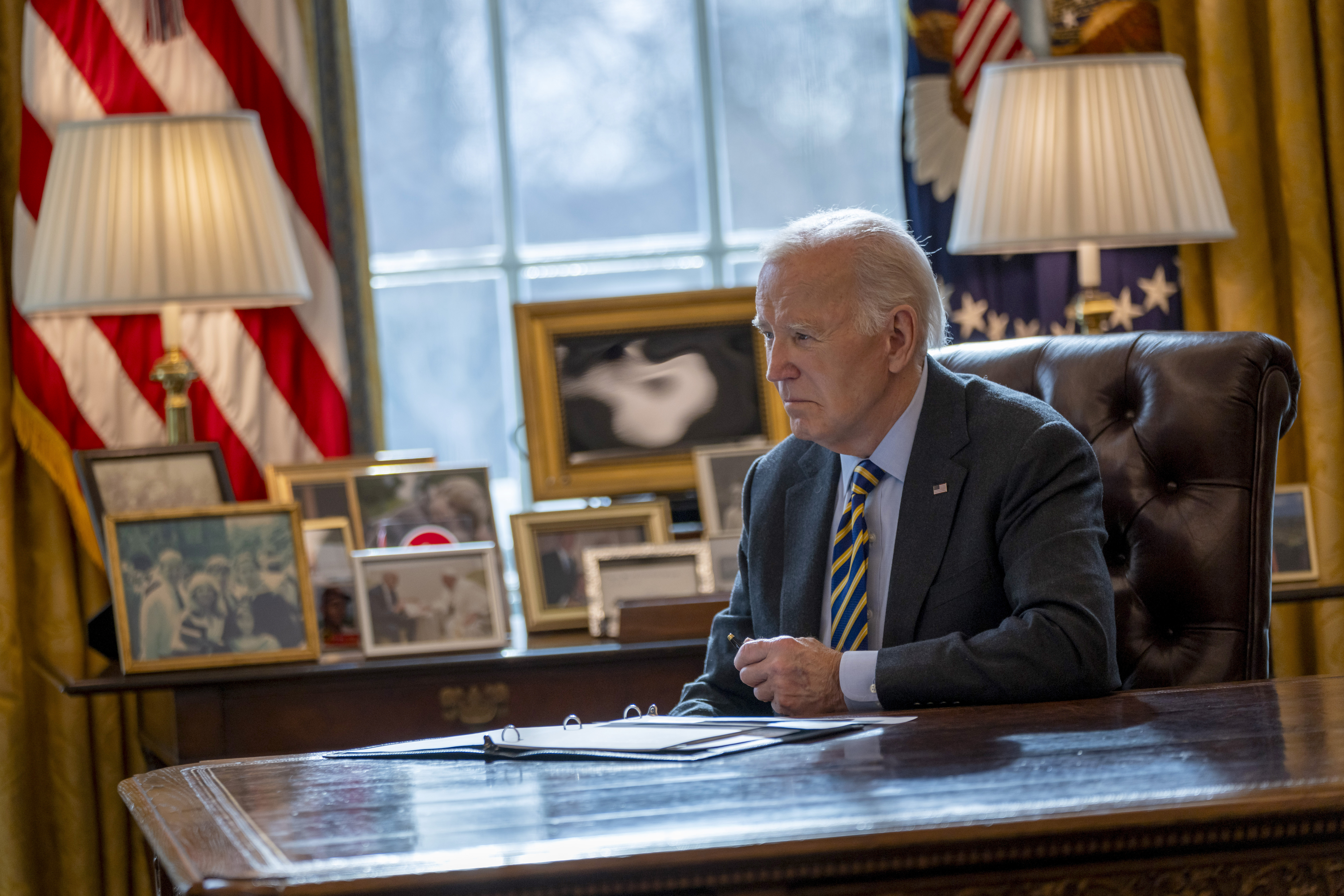Biden Prepares Executive Action on AI Utilization for Cyber Defense, Strengthening Software Security
The extensive executive order represents President Joe Biden's final significant initiative in cyber policy as his term comes to a close.

This upcoming executive order marks the third such measure signed by Biden during his presidency, intended to bolster the nation’s cybersecurity through the integration of AI and necessary improvements to federal security protocols. It will serve as a culmination of key cyber requirements before Biden's administration ends.
It remains uncertain whether President-elect Donald Trump will maintain the order once he assumes office, as his plans regarding cyber policy enhancements or agency reforms have yet to be revealed. Cybersecurity matters are typically a bipartisan issue. The timing of the order coincides with ongoing assessments by federal agencies concerning a significant recent breach allegedly backed by China, which compromised U.S. telecommunications providers and enabled hackers to monitor the phones of several high-ranking officials, including Trump and Vice President-elect JD Vance.
As outlined in the summary, the executive order will establish a program at the Pentagon aimed at leveraging AI models to strengthen cyber defense initiatives. Additionally, it will initiate a pilot program in the energy sector focused on enhancing cybersecurity through AI applications.
This initiative is expected to extend the efforts of the Pentagon’s Defense Advanced Research Projects Agency, which is exploring the application of AI to enhance the cybersecurity of critical systems. Anne Neuberger, the deputy national security adviser for cyber and emerging technology, commented to PMG in August about her collaboration with the Energy Department and DARPA to implement the findings.
The order also tackles broader challenges, such as software security, which has emerged as a significant issue for the Biden administration in recent years. Various major cyber incidents have resulted from hackers exploiting vulnerabilities in widely-used faulty software across federal agencies and private organizations.
The executive order proposes changes to federal acquisition regulations, mandating that software companies supplying federal agencies must provide documentation to the Cybersecurity and Infrastructure Security Agency, certifying their implementation of robust cybersecurity measures. This formalizes a process that CISA initiated early last year.
Cloud security is another key focus of the executive order. It requires the Federal Risk and Authorization Management Program (FedRAMP) to develop policies encouraging private sector cloud service providers to enhance the security of their systems, especially when handling federal data.
Included in the measures is a requirement, previously reported by PMG, that federal agencies only procure internet-connected devices that carry the voluntary Cyber Trust Mark label. This program, managed by the Federal Communications Commission, allows companies to receive a label certifying their products' cybersecurity if they meet specific standards set by the National Institute of Standards and Technology.
The summary also hints at plans to develop "digital identity documents and validation services,” though further details are not provided. NextGov reported earlier this week that this initiative will encourage agencies to utilize more digital documents, such as driver's licenses, to expedite the process of applying for public benefits.
Furthermore, the order calls for enhancing the cybersecurity of U.S. satellites, addressing increasingly critical concerns as geopolitical adversaries like Russia and China pose threats to U.S. assets in space. Another component of the order will establish working groups at CISA to improve threat hunting in federal networks, emphasizing endpoint detection and response.
A spokesperson for the White House National Security Council was not immediately available to comment on the specifics or timeline for signing the executive order. Neuberger, who has led the initiative, is slated to step down from her position on January 17, potentially constraining the timeline for finalizing the order.
Trump has not publicly addressed the forthcoming order, though he did sign an executive order aimed at strengthening the cybersecurity of critical infrastructure in 2017.
Allen M Lee for TROIB News
Find more stories on Business, Economy and Finance in TROIB business












